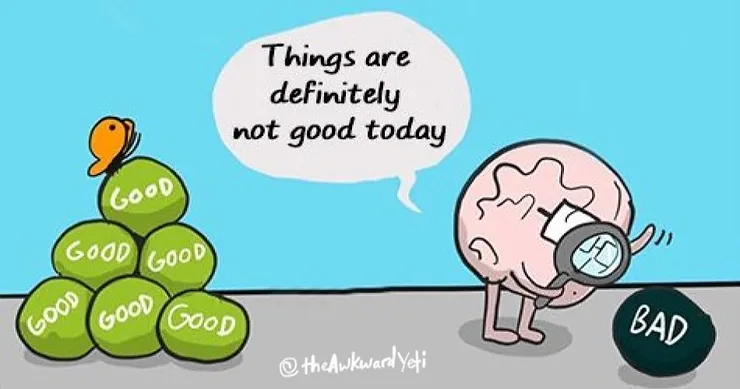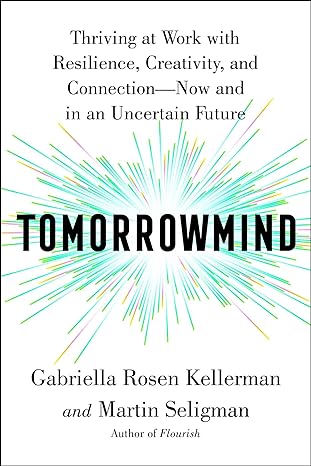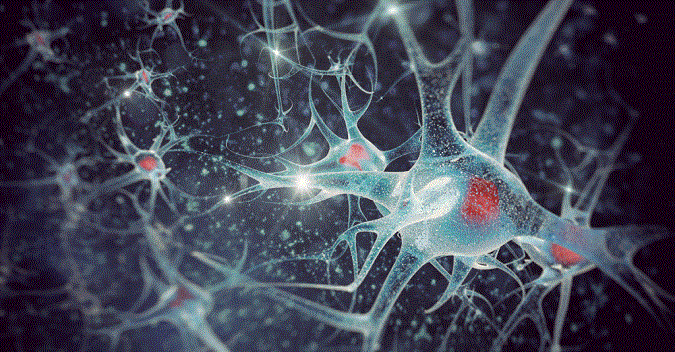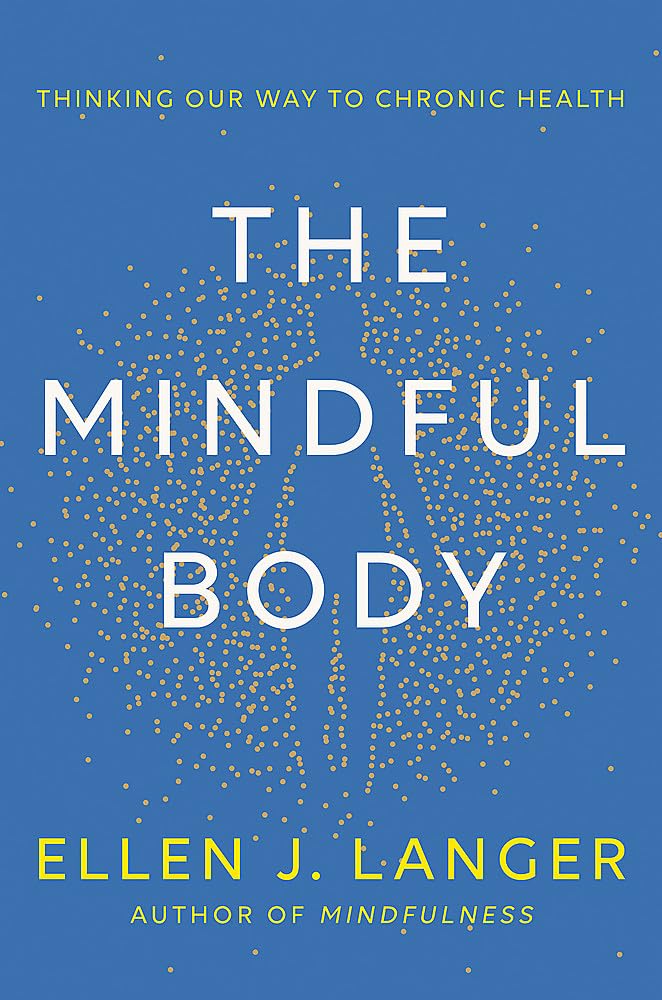Education & Lifelong Learning
On the importance of managing negativity bias to protect cognitive control and prevent depression relapse
Many people around the world suffer from depression. Though depression can be extremely debilitating, evidence-based treatments (like cognitive-behavioral therapy) provide hope, because they can be very effective in treating the negative thinking that accompanies depression.
Read MoreSix favorite books of 2023 to help harness the stress response and boost curiosity, wonder, and brain health at work,
It’s hard to address important issues in our lives or in society if we are stressed, depleted, and isolated. Perhaps that’s why many of 2023’s favorite books offer approaches for real self-care. They focus on how to manage stress, find more happiness in life, seek wonder and inspiration, appreciate art, understand our personal strengths, or…
Read MorePlease help us shape SharpBrains books, activities and services
Dear SharpBrains reader and friend, please take a few minutes to provide your feedback as we’re preparing a substantial update of The SharpBrains Guide to Brain Fitness and our overall activities. Take Survey Here
Read MoreOn neuroplasticity, cognition, aging, medication, Alzheimer’s, board games, brain teasers, and more
Welcome to a new edition of SharpBrains e‑newsletter, featuring fascinating research findings on neuroplasticity, cognition, aging, medication, Alzheimer’s, board games, and more, plus some brain teasers to get you in great shape for Halloween. #1. Study: Playing board games like Chess, Mahjong, Go, helps slow cognitive decline as we age (but with clear differences in…
Read MoreStudy: Playing board games like Chess, Mahjong, Go, helps slow cognitive decline as we age (but with clear differences in neurobiology and improved function)
Playing Board Games May Slow Cognitive Decline, Improve QoL (Medscape): Playing chess or other board games slows cognitive decline and improves quality of life in older patients, results of a new systematic review suggest. … After searching the published literature, Pozzi and his colleagues selected 15 studies for the review. The studies assessed the impact…
Read MoreThe Mindful Body argues against mindlessly accepting age-related decline in cognition and health as inevitable
In 1979, Harvard researcher Ellen Langer invited elderly men to spend a week at a retreat designed to remind them of their younger days, surrounded by the art, music, food, games, décor, and more from the late 1950s. Afterward, the men were tested and found to have made significant gains in hearing, memory, dexterity, posture,…
Read More





